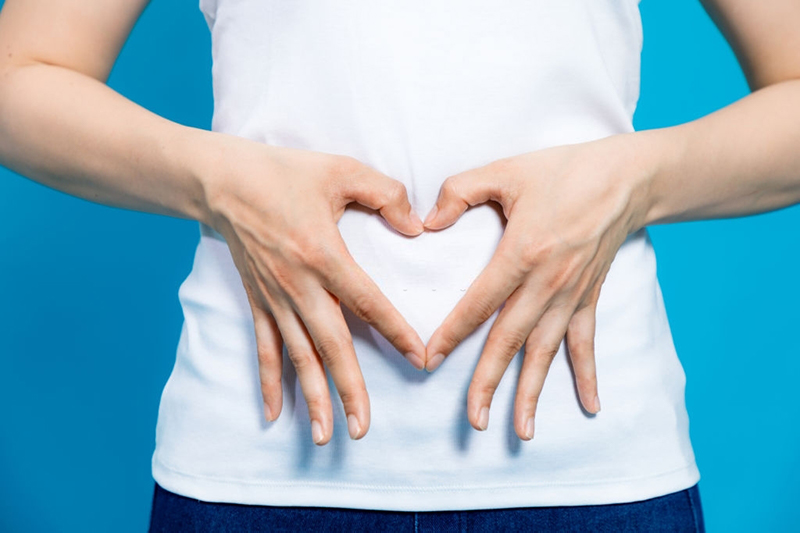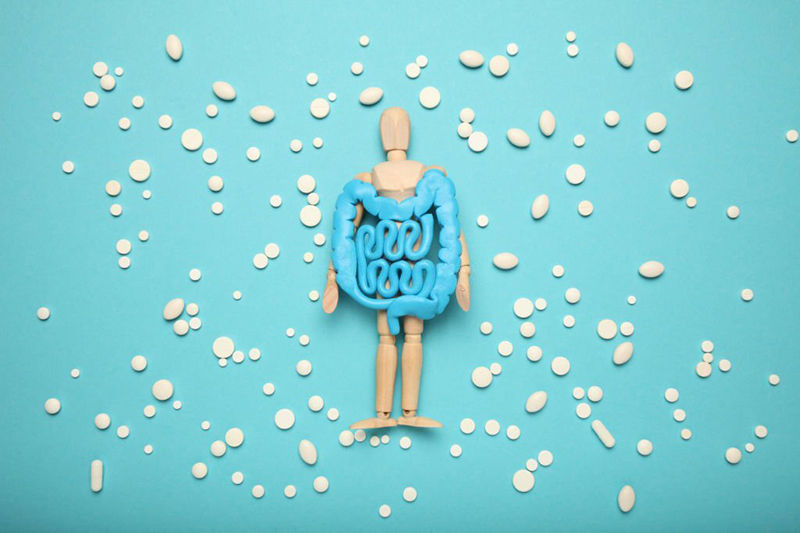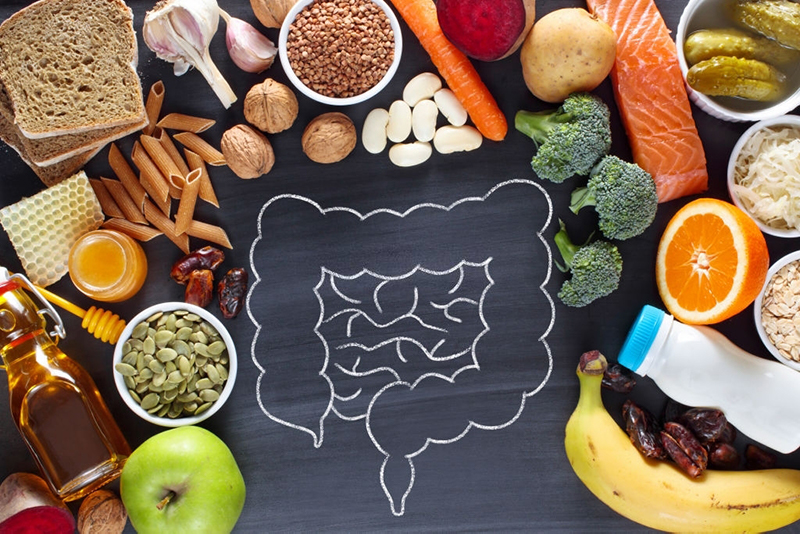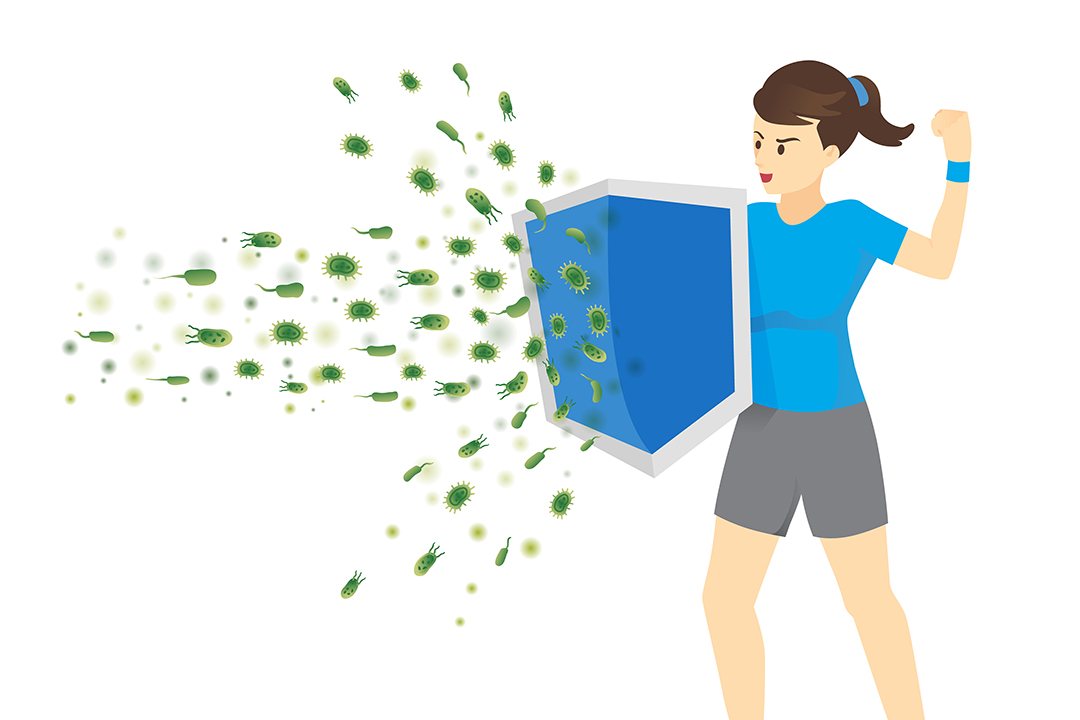Most of us can expect to get diarrhea once or twice a year, whereas most otherwise healthy youngsters get it twice as frequently. Diarrhea is a regular occurrence, but it is far from easy. Its origins can be complex, and its consequences can range from inconvenient to fatal.
Probiotics—living bacteria that reside in the gut—are being studied to see if they can help lower the severity of diarrhea or possibly prevent it from happening in the first place. Probiotics are now routinely suggested to help people of all ages receive relief from both acute and chronic diarrhea, based on encouraging studies. probioticseverything.comprobiotic diarrhea
How Probiotics Can Help You Prevent or Treat Diarrhea
The following are at least four significant underlying causes of diarrhea:
- Salmonella, E. coli, Vibrio cholerae, and Clostridium difficile are examples of foreign pathogens (germs).
- Antibiotics and radiation therapy are examples of medications and medical therapies.
- Inflammation of the intestine
- Physical and mental exhaustion
To comprehend what probiotics may accomplish for us, we must first comprehend how they assist our gut health. We all know that probiotics are “good bacteria” that reside in and on the body, mostly in the gut (small and large intestine), and that we should include them in our diets and wellness routines. probioticseverything.comprobiotic diarrhea
The first line of defense against the variables that cause diarrhea is a healthy gut inhabited with helpful microbes.
Here’s what we’ve learned so far:
According to studies, a healthy intestinal flora might prevent hazardous pathogens from spreading throughout the body. One reason is that many probiotic strains contain antibacterial properties that can prevent infections such as Salmonella, E. coli, Vibrio cholerae, and Clostridium difficile from growing. probioticseverything.comprobiotic diarrhea
A healthy gut mucosa is also aided by a balanced microbiota. This implies bacteria are less likely to adhere to the intestine’s lining or pass through it to infect other regions of the body.
Because everyone’s digestive tract has a restricted amount of area, the population of beneficial bacteria has a chance to drown out the bad, depriving them of room and resources. probioticseverything.comprobiotic diarrhea
In other words, the composition of your gut microbiome influences the effectiveness of your immune system. The intestinal microbiome not only helps to fine-tune the immune system, but it also communicates with the brain to govern how quickly food travels through your digestive tract. probioticseverything.comprobiotic diarrhea
The bacteria that live in your gut interact with the food you eat, the germs you come into contact with, and the chemicals your body makes to control “gut transit time” (GTT). When you’re constipated, for example, your GTT is too slow. It’s too fast in the case of diarrhea. Constipation and diarrhea are common, but a gut inhabited with largely good bacteria helps keep the digestive tract moving at a regular pace. probioticseverything.comprobiotic diarrhea
You can boost your chances of preventing stomach distress by taking probiotic supplements in advance, such as before and throughout a round of antibiotics. If the window of opportunity for prevention has passed and diarrhea has already set in for whatever reason, probiotics may be able to assist relieve symptoms sooner. probioticseverything.comprobiotic diarrhea
Is it Possible for Probiotics to Cause Diarrhea? Possible Negative Consequences
Every individual is unique. Even though all indicators point to probiotics helping to normalize bowel function, some people may have diarrhea as a result of taking them. However, most people do not report a worsening of their diarrhea. probioticseverything.comprobiotic diarrhea
The gut flora rebalances and purges the undesired organisms when you first start taking a probiotic, a process known as “die off.” This can aggravate GI symptoms like diarrhea for a short time before they start to improve.
If your digestive difficulties last more than a few days, speak with a doctor who has experience suggesting probiotics. Changing your dose, product, or regimen may help to alleviate stomach discomfort.
As a reminder, if you’re seriously ill or wish to give a probiotic to a sick child, consult your doctor first.
Which Probiotic Strains are the Most Beneficial for Diarrhea?
Probiotic supplementation guarantees that you’re replacing (or introducing!) microbial diversity in your gut. In clinical trials, a few strains, notably lactic acid bacteria strains, stand out above the rest for avoiding and lowering the length of diarrhea. Strains that are beneficial include:
Bifidobacterium lactis
Lactobacillus acidophilus
Lactobacillus casei
Lactobacillus reuteri
Lactobacillus rhamnosus
Saccharomyces boulardii

It’s crucial to evaluate which strains are utilized when picking a probiotic supplement, but occasionally the appropriate sorts of bacteria aren’t enough. To maximize your benefits, you should also analyze the research, components, and, most importantly, the effectiveness of the delivery system. probioticseverything.com







